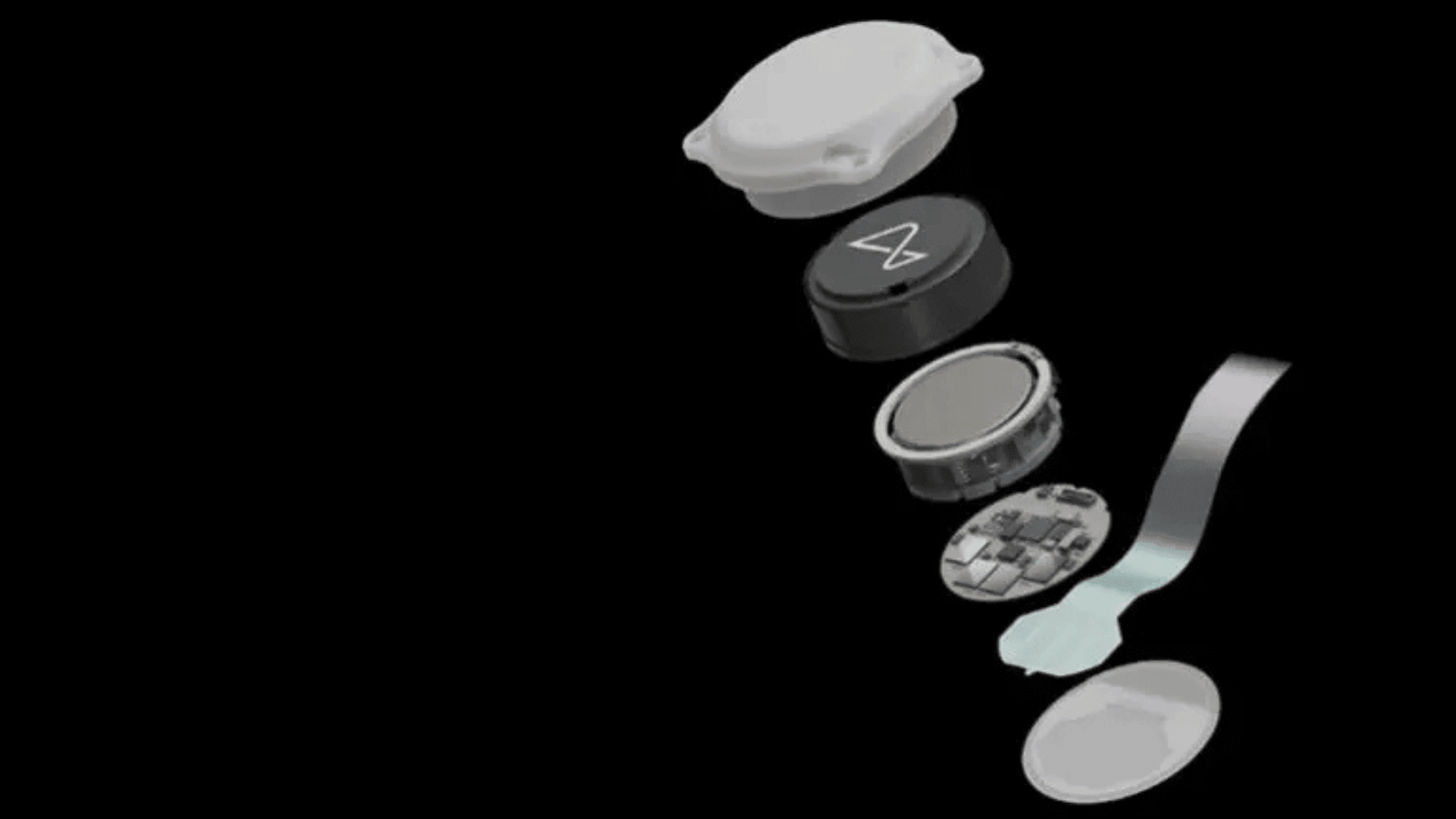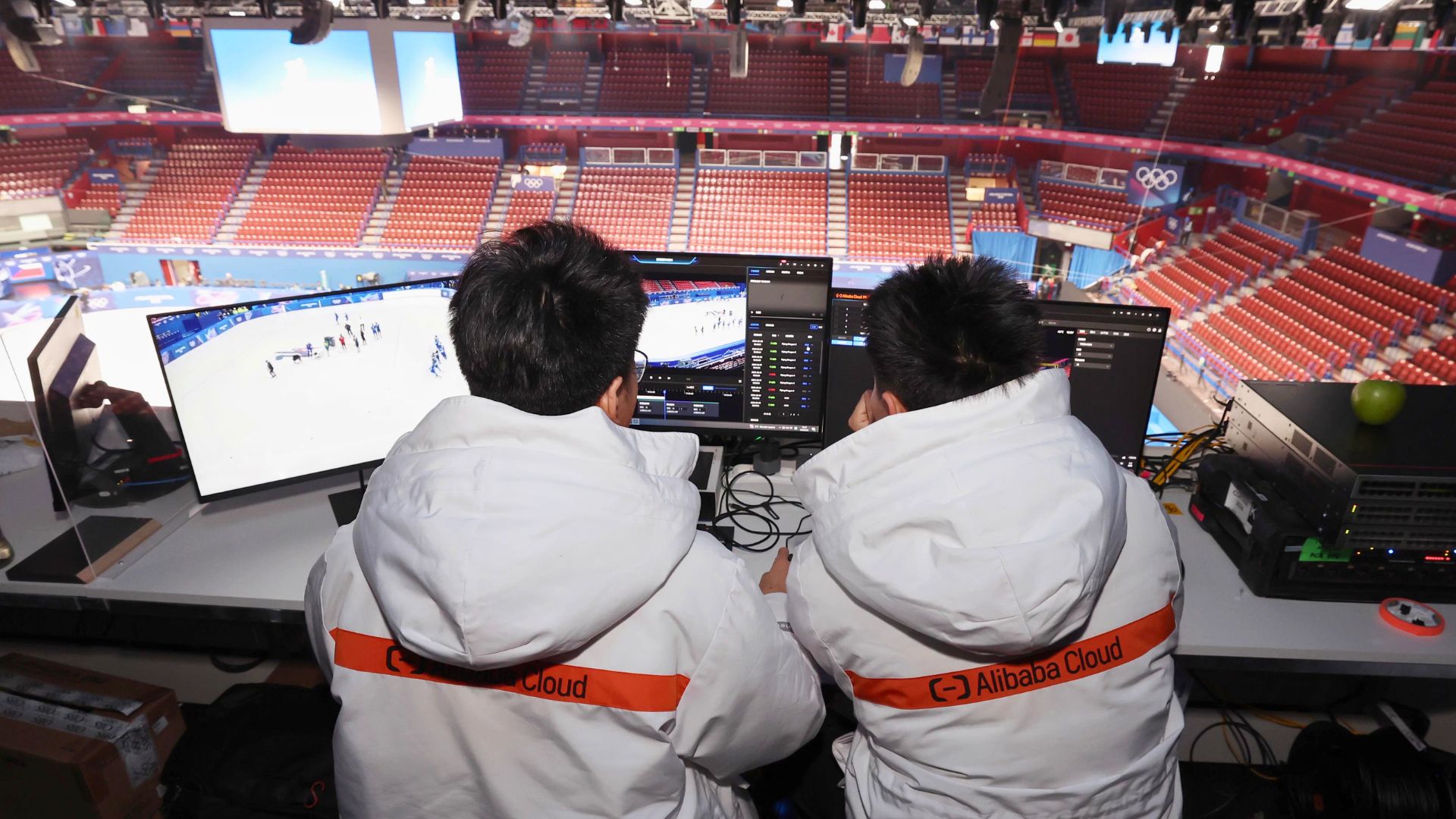Neuralink received FDA breakthrough designation for its groundbreaking device, which reportedly helps treat individuals with hearing impairments. According to Neuralink’s post on LinkedIn, the brain-computer interface (BCI) company received FDA breakthrough device designation that extends to several neurological conditions.
“We’ve received Breakthrough Device Designation from the FDA to help restore communication for individuals with severe speech impairment,” Neuralink wrote. “This includes those affected by ALS, stroke, spinal cord injury, cerebral palsy, multiple sclerosis, and other neurological conditions.”
According to the FDA, “The Breakthrough Devices Program is a voluntary program for certain medical devices and device-led combination products that provide for more effective treatment or diagnosis of life-threatening or irreversibly debilitating diseases or conditions.”
Brain Chip Technology

The FDA’s breakthrough approval is the latest “milestone” for the BCI company, which is making strides in the brain chip industry. Founded by Elon Musk, Neuralink completed its first human implant of its Telepathy BCI implant in January 2024. Musk announced the success the day after on the social media platform X. Then, Neuralink completed its second implant later in the year.
The company hosted a live video on X of the first patient, Noland Arbaugh, using the Neuralink chip to move a computer cursor to play online chess.
The Telepathy BCI allows people with quadriplegia to control external devices using their thoughts. However, Neuralink is not the only company working on this technology. For example, in September 2024, another BCI company, Synchron, announced that the first patient with the implant used Amazon Alexa with the brain chip technology.
In March of this year, researchers at Shanghai’s Fudan University reportedly used their chip technology to help four people with paralysis regain control of their legs. They used similar technology to implant electrode chips in the brain and spinal cord.
Before that, researchers at UC San Francisco used brain chip technology that allowed a man with paralysis to control a robotic arm for months.
Neuralink has a robot designed to implant the BCI system while avoiding the vasculature. According to Mass Device, the company also got approval to launch a study on the N1 implant to control a robotic arm.







